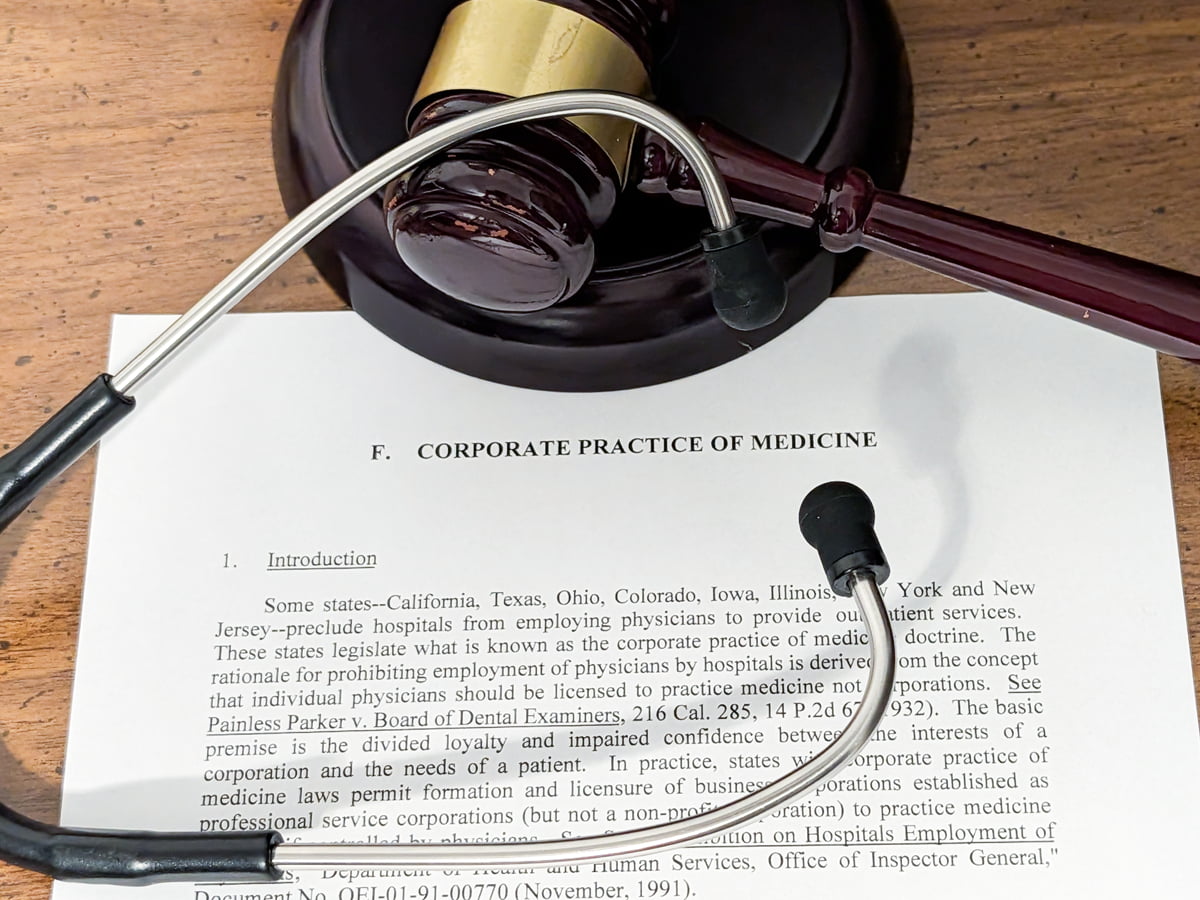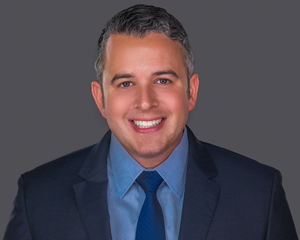Common sense and numerous federal and state laws prohibit non-licensed people from practicing medicine. Additionally, the Corporate Practice of Medicine (CPOM) doctrine prohibits non-physicians from dictating medical decisions. Patients expect no less from dedicated healthcare workers.
Florida does not have a strict CPOM doctrine. However, Florida follows state and federal healthcare laws that protect vulnerable patients. Considering the complex nature of healthcare in today’s world physicians may require additional help. In fact, medical practices must deal with business concerns and financial issues while providing excellent patient care.
As a result, physicians may establish a business structure which includes non-licensed professionals. Consequently, every physician must hire an experienced healthcare attorney to ensure federal and state laws are followed in structuring a successful, compliant medical practice.

Can a Non-Physician Own a Medical Practice?
Florida is one of the few states that allow physicians to establish a practice that partners with non-physicians in addition to the usual solo medical practices, and multiple physician group practices. However, numerous regulations, laws, and exceptions apply. A non-physician owner must register the practice as a clinic and a licensed medical doctor must direct and supervise all patient care. Other regulations include:
- Fee splitting prohibitions-Florida Statute 458.331 and 459.015. Violating these statues is a serious offense. Fee structures for non-licensed medical owners have strict legal guidelines.
- Business structure limitations
- Health Care Clinic License is mandatory!
- Health Care Clinic Director must be a licensed physician.
Florida law limits which type of doctor may participate in a non-physician owned medical practice. The following statues apply:
- Florida Statute 466.0285 applies to dental practices. Under this statute, dentists must own their own practice, or partner with another dentist. Of course, a dentist may hire a billing assistant or marketing agent as these people do not interfere with medical decisions. However, the non-dentist may not OWN the practice.
- Florida Statute 463.014 is part of Optometry Laws. This extensive statute prohibits an optometrist from partnering with a corporation. An experienced healthcare attorney will provide guidance regarding this complex statute.
To sum up, Florida prohibits dentists and optometrists from establishing a non-physician owned medical practice. However, other physicians may partner with a variety of non-physician entities under certain restrictions.
Non-Physician Businesses and Organizations
Florida allows a wide variety of non-physician owned businesses and organizations to partner with a physician or medical practice. It remains important to note these organizations DO NOT make clinical decisions. Organizations may include:
- Private equity firms or investment groups – May provide financial support or consulting
- Hospitals or Health Systems – Provides labs, specialists
- Tech firms or real estate companies – Provides facility leasing, offers tech services
- MSO’s- May provide office support, HR, payroll
Corporate Structuring Options
The first step for any non-physician or medical professional is to seek the advice of an experienced healthcare law attorney before establishing the corporate structure of a medical practice.
Physicians and healthcare businesses have several structuring options including:
- Management Services Organization (MSO) structure – The MSO handles the business end of the practice. For example, billing, scheduling, and marketing fall into this category. The physician provides all patient care and makes all medical decisions. Generally, the physician hires medical staff and the MSO hires business workers. Physicians also hire and fire personnel as necessary.
- LLC – Florida allows physicians to organize practices as LLC’s. Your attorney will provide guidance on this process.
- Other structures may be suggested by your attorney.
